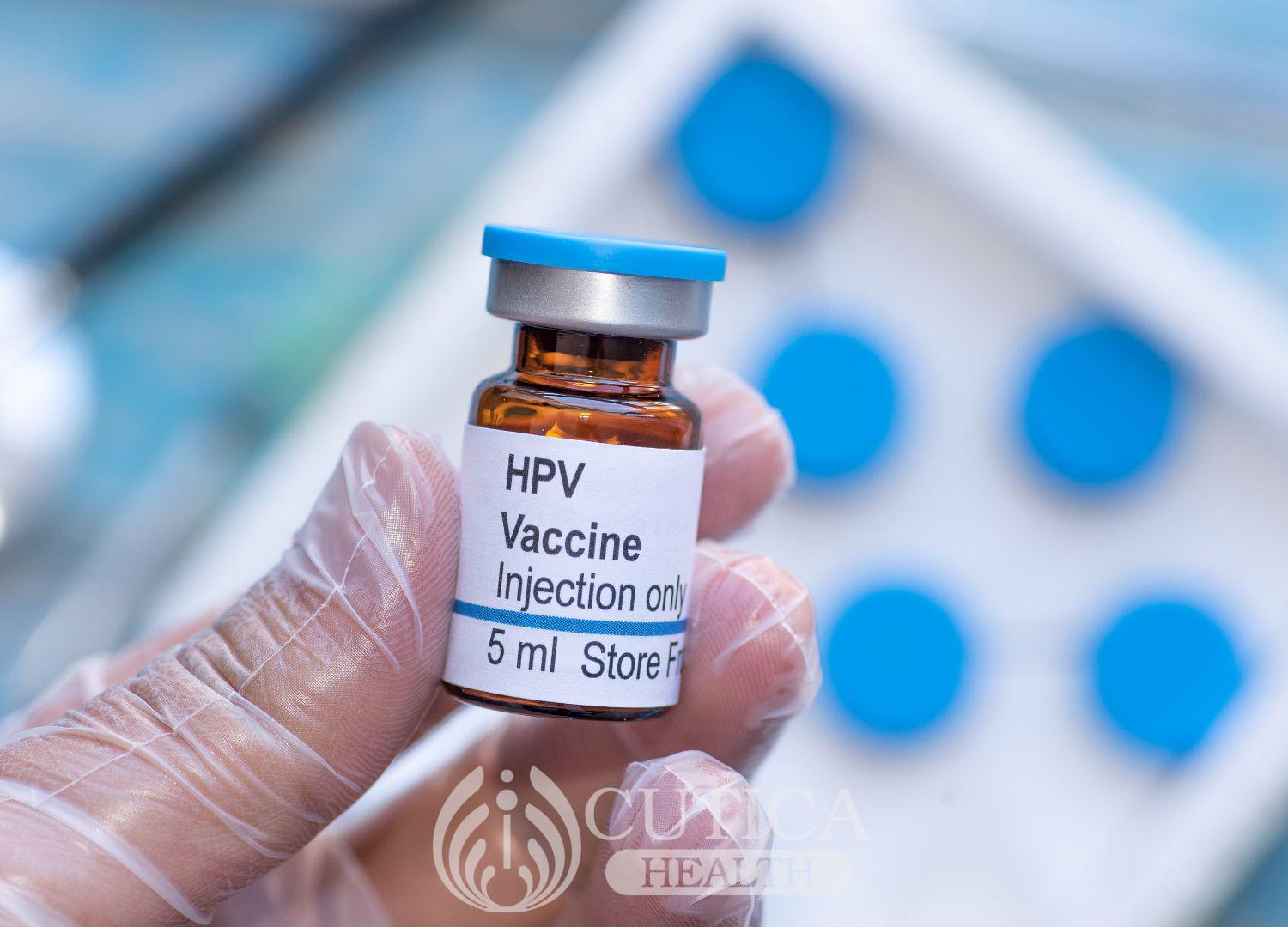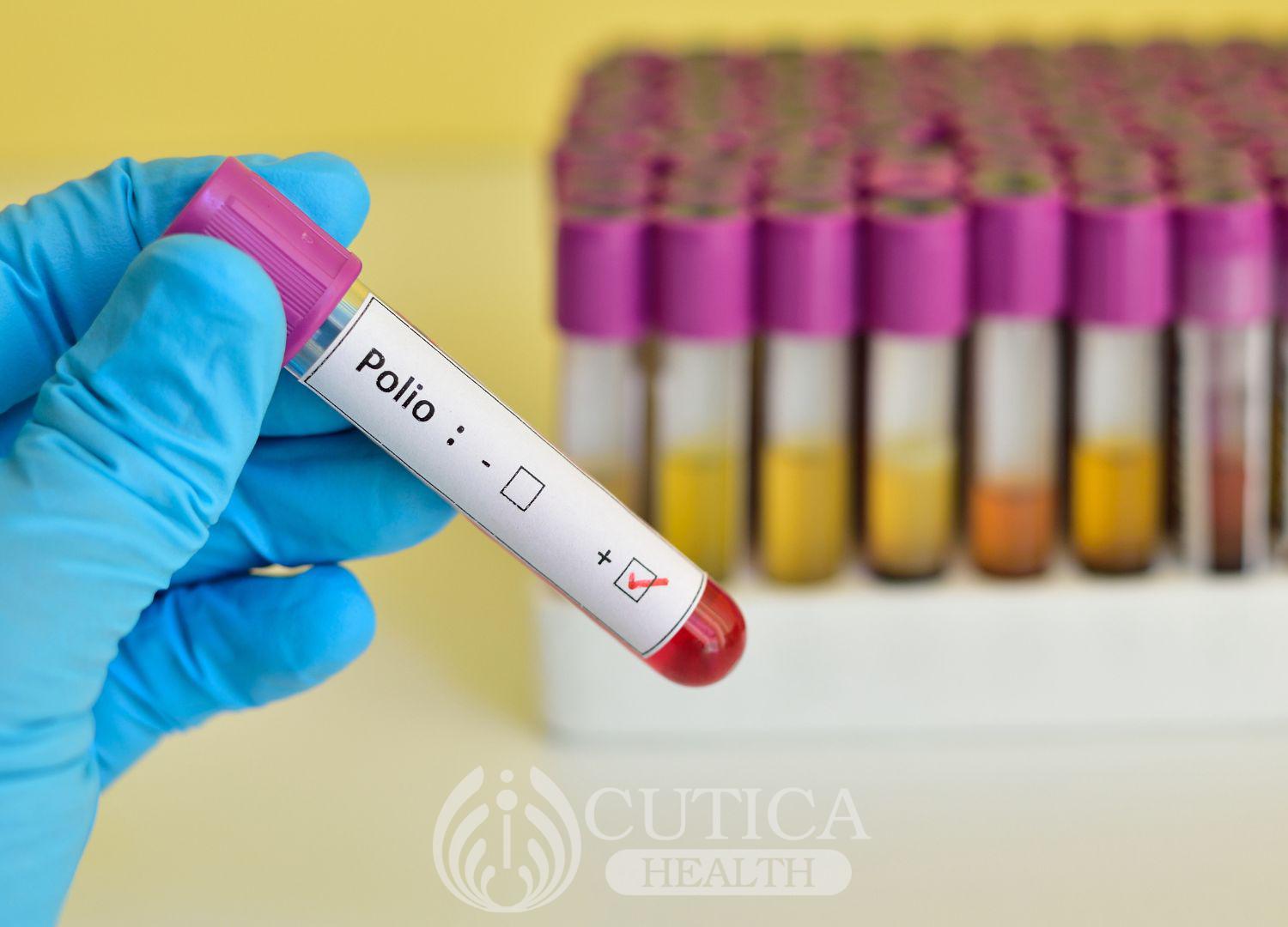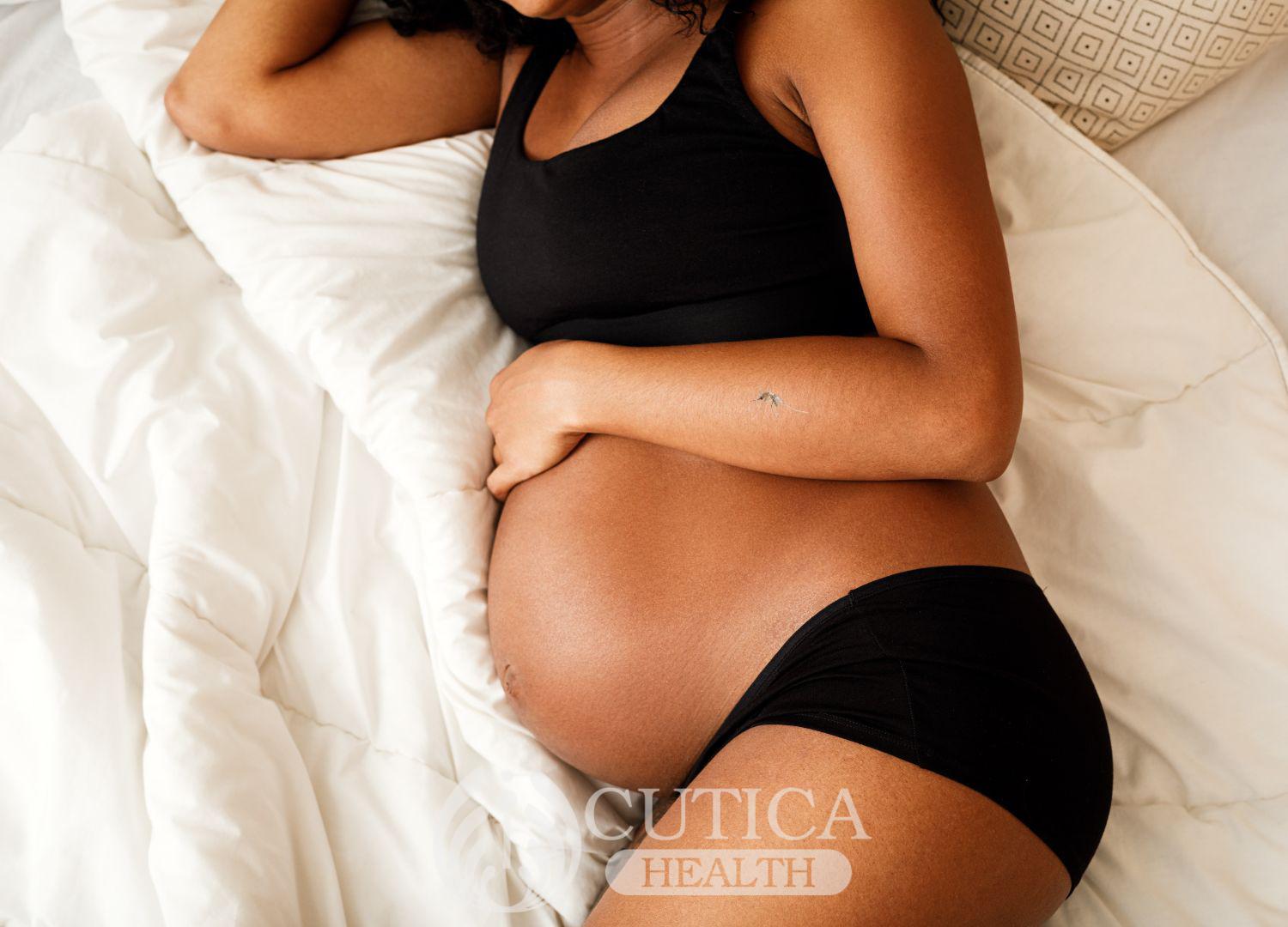
The introduction of Human Papillomavirus (HPV) vaccination into the routine National Program for Immunization on 24 October 2023 was a landmark achievement for the country. Nigeria aims to reach 7.7 million girls in a single round of HPV vaccination, the highest number in the African Region. Surprisingly this move was met with a lot of resistance from groups who spread misinformation about the vaccination linking it erroneously to death, cancer, infertility, paralysis, etc. These supposed complications are untrue necessitating the need to clear the air.
Introduction
Human Papillomavirus (HPV) is a widespread viral infection that can lead to various health issues, including cervical cancer, genital warts, and other complications. Fortunately, there are vaccines available to protect against HPV, but like many medical topics, misinformation and myths can muddy the waters. In this article, we'll delve into the world of HPV vaccination to separate facts from fiction, ensuring you have the right information to make informed decisions about your health.

Fact: HPV Vaccines Prevent Cancer
The HPV vaccine has been proven to be highly effective in preventing various types of cancer. This includes cervical cancer, which is primarily caused by HPV. It can also prevent oral cancers, anal cancer, and vagina cancer all caused by HPV. The vaccine helps the immune system build defenses against the virus, reducing the risk of infection and subsequently, the development of cervical cancer. This is in contrast to the claims that it causes cancers.
Fiction: HPV Vaccines Are Only for Females
One of the most prevalent myths is that HPV vaccines are only for females. This is not true. However, in Nigeria, only female adolescents within the age range of 9-14 years can have access to this vaccine based on the immunization schedule. This is because the Nigerian government’s vaccination campaign is currently focused on girls because cervical cancer, which only affects women, is the focus of the government at this time. HPV can affect everyone, regardless of gender. The vaccines are recommended for both males and females to prevent the spread of the virus and reduce the risk of HPV-related cancers and other complications.
Fact: HPV Vaccination is Safe
HPV vaccines, like any other vaccines, undergo rigorous testing to ensure their safety and effectiveness. Extensive research and clinical trials have demonstrated that HPV vaccines are safe for most people. HPV was first recommended in 2006 and has been shown to reduce HPV-related cancers by as much as 80%. Common side effects, like all vaccines, are usually mild, such as pain at the injection site or a low-grade fever. Serious side effects are exceedingly rare.
Fiction: HPV Vaccines Can Cause Infertility
Some misinformation suggests that HPV vaccines can lead to infertility. This is entirely unfounded. The vaccines do not affect fertility. In fact, preventing HPV infections and related complications can help protect reproductive health by reducing the risk of conditions like cervical cancer, which can impact fertility if left untreated. 
Fact: HPV Vaccination is Most Effective Before Sexual Activity Begins
The HPV vaccine is most effective when administered before a person becomes sexually active. It's recommended for preteens and teenagers, ideally around age 11 or 12. This is because the vaccine works best when the immune system has not yet been exposed to the virus. However, individuals who are already sexually active or older can still benefit from the vaccine, as it protects against multiple strains of HPV.
Fiction: HPV Vaccines Encourage Risky Sexual Behaviour
There is no scientific evidence to support the idea that HPV vaccines encourage risky sexual behavior. These vaccines are designed to prevent HPV infection and its consequences, not to promote sexual activity. Encouraging vaccination is about safeguarding public health and preventing disease.
Fact: Multiple Types of HPV Vaccines Are Available
Currently, there are several HPV vaccines on the market. The most common ones are Gardasil 9 and Cervarix. These vaccines protect against various HPV strains that can cause cancer and warts. Your healthcare provider can help you choose the most suitable vaccine for your age and specific needs.
Fiction: Natural Immunity is Better Than Vaccination
While it's true that some people may develop natural immunity to HPV after an infection, it's not a reliable or safe strategy for protecting against HPV-related diseases. Natural immunity can be unpredictable, and the risk of developing cancer or other complications without vaccination is far greater.
Conclusion
Separating facts from fiction about HPV vaccination is crucial for making informed decisions about your health or the health of your loved ones. The HPV vaccine is a safe and effective tool in the fight against HPV-related diseases, including cancer. By getting vaccinated and dispelling myths, you can take an active role in preventing HPV and its potentially life-threatening consequences. Consult with your healthcare provider to determine the most appropriate vaccination plan for you or your child.












